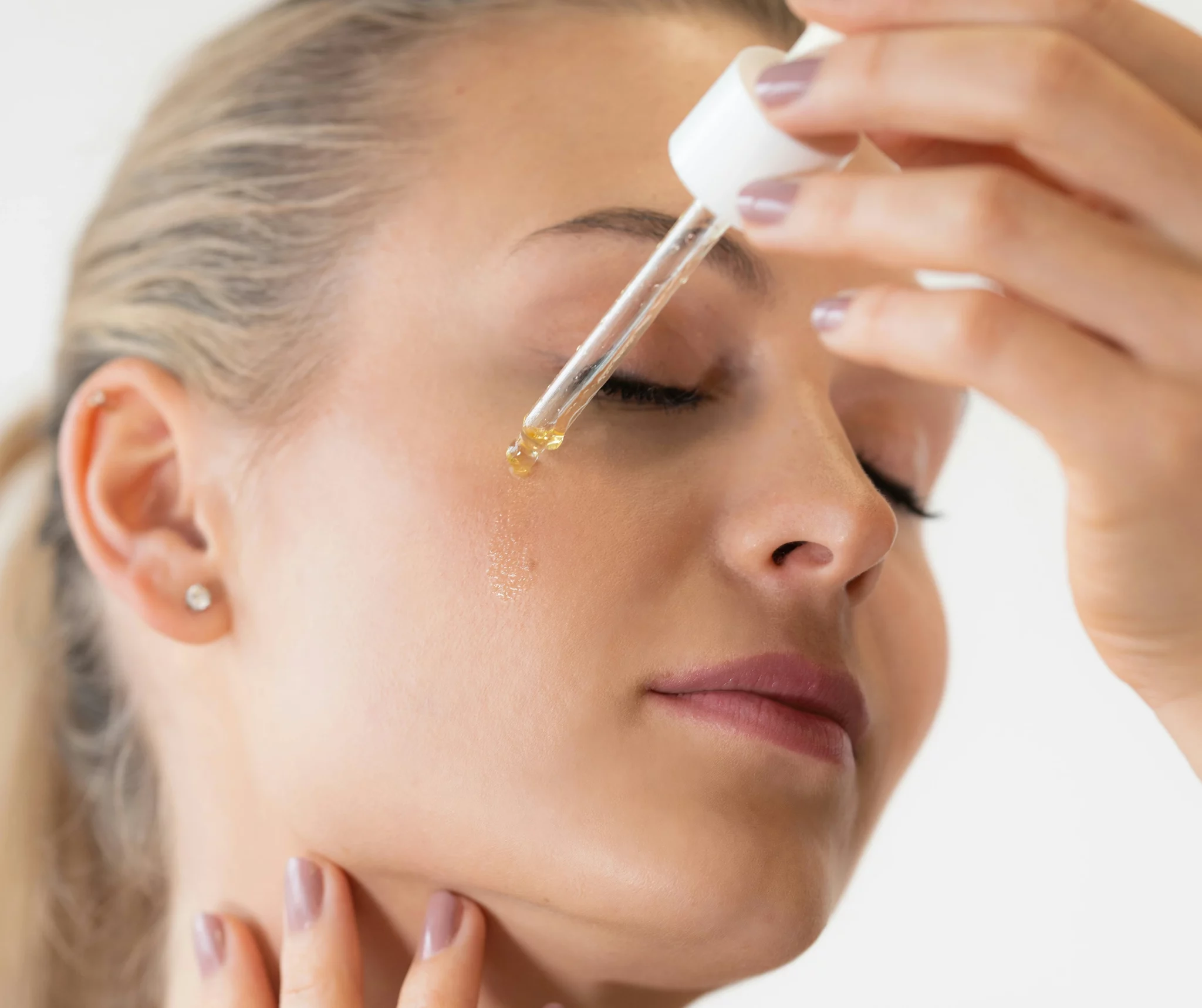

With summer here, bugs are out in full force. Time to grab that mosquito repellent so you can sit back and relax when you’re spending time outside.
Of course, avoiding itchy bug bites is important, but don’t forget that mosquitoes and other insects can carry West Nile virus, Zika virus, and Lyme disease (to name a few!). Don’t leave anything to chance – stay healthy by keeping your skin protected.
Our short and sweet guide to mosquito repellent
Protection starts with your clothing
Dusk and evening are primetime for mosquito activity, so try to wear high socks and/or pants to protect your ankles and legs.
For extra protection against bugs, pre-treat your clothing with mosquito repellent before going outdoors.
What ingredients to look for
When shopping for insect repellent, look for those that are both EPA-approved and contain one of the following active ingredients:
- DEET
- Picaridin
- IR3535
- Oil of lemon eucalyptus
- Para-menthane-diol
There is a lot of misinformation and misunderstanding about DEET. However, many studies have demonstrated that it is both safe and effective. The EPA conducted safety and efficacy reviews in 1988 and again in 2014 and found that adverse effects are rare. DEET concentrations of 20-30% are sufficient and can be effective for many hours.
DEET has also been shown to be safe to use during pregnancy; it is approved for use in the second and third trimester by the FDA. The American Academy of Pediatrics approves of DEET use in children over the age of two years old, but the concentration should not exceed 33%.
Picardin is a nice alternative to DEET. It does not feel sticky or greasy, it is odorless, and many studies found its effectiveness was comparable to DEET.
Apply sunscreen and repellent separately
Need both sunscreen and insect repellent? Apply sunscreen first. Let it dry, and then apply repellent. We advise against products that combine both agents. Sunscreen should be applied generously, while repellent should be applied sparingly.
Need extra help controlling bite symptoms?
Did you do everything right and still get a bite or two? To control the symptoms, an over-the-counter cortisone cream or gel can help. If that doesn’t help, we can write a prescription for a stronger treatment. Contact us today to make an appointment.
Posted In: Skin Care
Related Posts

January 2, 2026
Why DNA Repair Enzymes Matter for Healthy, Beautiful Skin
Every day, your skin works hard to protect you from the world — sunlight, pollution, and environmental stress can all ...

November 27, 2025
Does Sunscreen Prevent Tanning? The Truth About UVA Rays
I often meet patients who sit across from me in the exam room, proudly telling me they've been diligent about wearing su...

August 11, 2025
Menopause Skin Changes: What You Can Do About It
As your hormones shift during perimenopause and menopause, your skin often tells the story before anything else. That gl...


